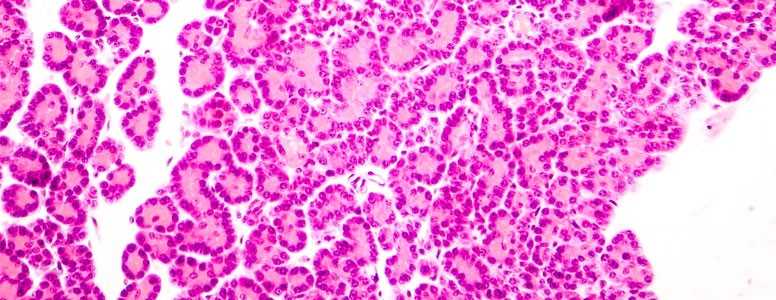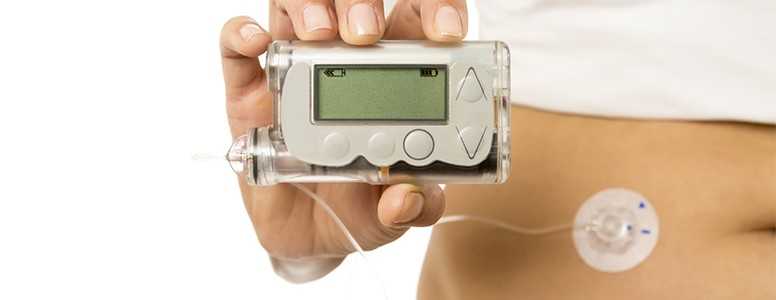A 3D printer developed to help people with type 1 diabetes could help tackle “big clinical challenges”, researchers say.
The Pancreatic Islet Cell Transplantation (PICT) 3D Printer works by delivering insulin-producing islet cells. It has been developed by an Australian research team, who have gifted it to the Royal Adelaide Hospital (RAH), making it the first hospital in the country to receive such cutting-edge technology.
At the moment, islet cell transplantation from human donors is only carried out on people who have severe health problems from type 1 diabetes, but there is always the risk of cell donor rejection.
To tackle that problem the research team from the ARC Centre of Excellence for Electromaterials Science (ACES), based at the University of Wollongong (UOW), incorporated micro-valve ink jet dropping into the kit, which helps keep the islet cells in place. This is because the person’s own cells can be used throughout the process.
This process allows for simultaneous deposition of multiple biological materials, enabling “customized organs”, according to RAH Director of Kidney and Islet Transplantatio, Professor Toby Coates.
“The PICT Printer will allow us to make customised organs, mixing donor with recipient cells in a unique three dimensional way to provide completely new composite ‘organoids’ for experimental transplantatio,” said Coates.
ACES Executive Director and ANFF Materials Director Professor Gordon Wallace said: “ACES at the University of Wollongong has built a collaborative clinical research network that enables us to tackle big clinical challenges and deliver practical solutions using 3D bioprinting.
“In collaboration with Professor Toby Coates’ team at Royal Adelaide Hospital, we plan to improve the effectiveness of islet cell transplants by encapsulating donated islet cells in a 3D printed structure, to protect them during and after transplantation.”
Further development is to be carried out on the printer, funded from an Australian Research Council’s Linkage, Infrastructure, Equipment and Facilities (LIEF) grant.
What's new on the forum? ⭐️
Get our free newsletters
Stay up to date with the latest news, research and breakthroughs.





